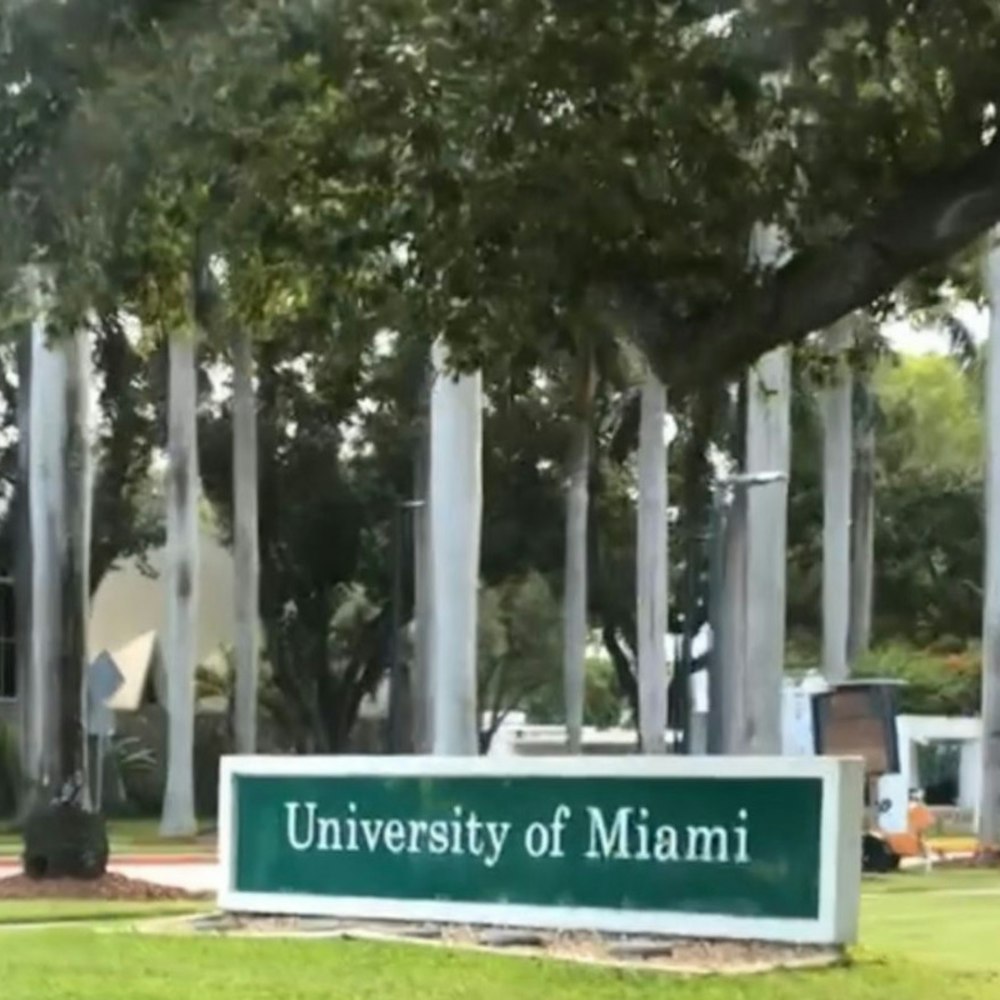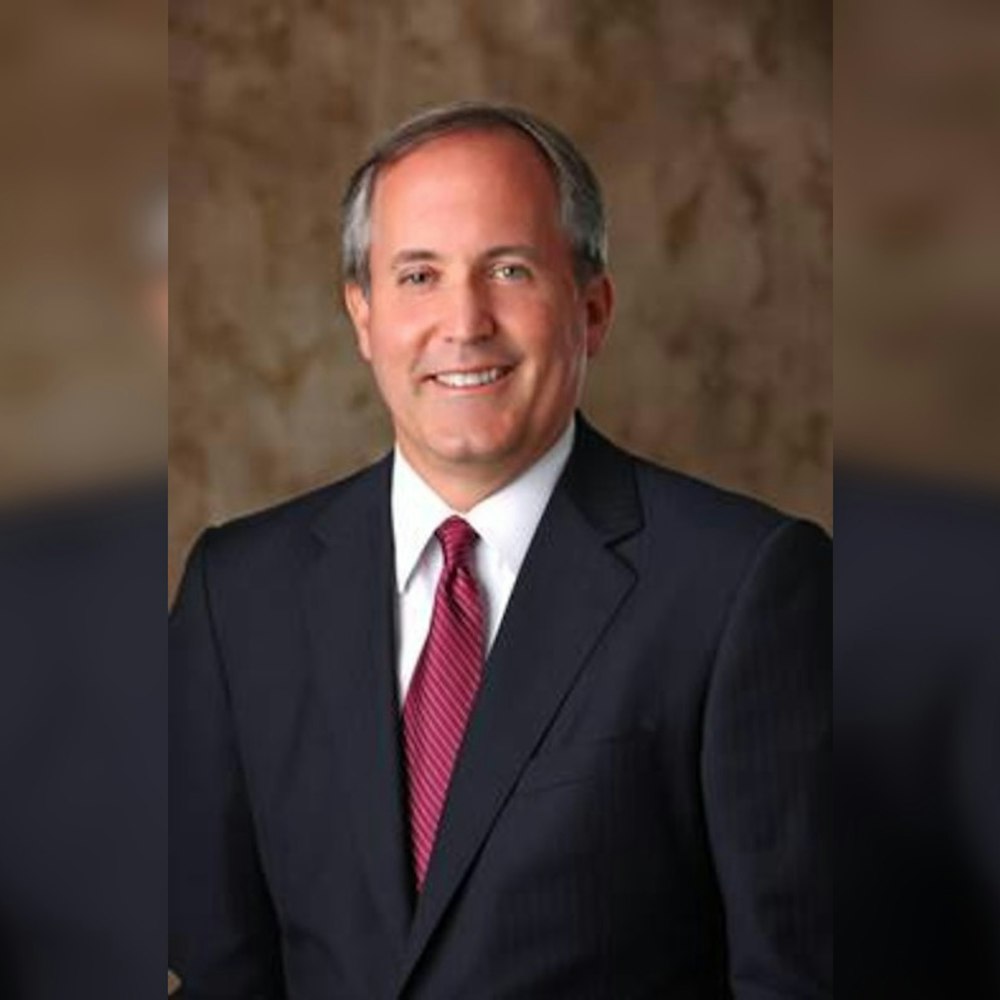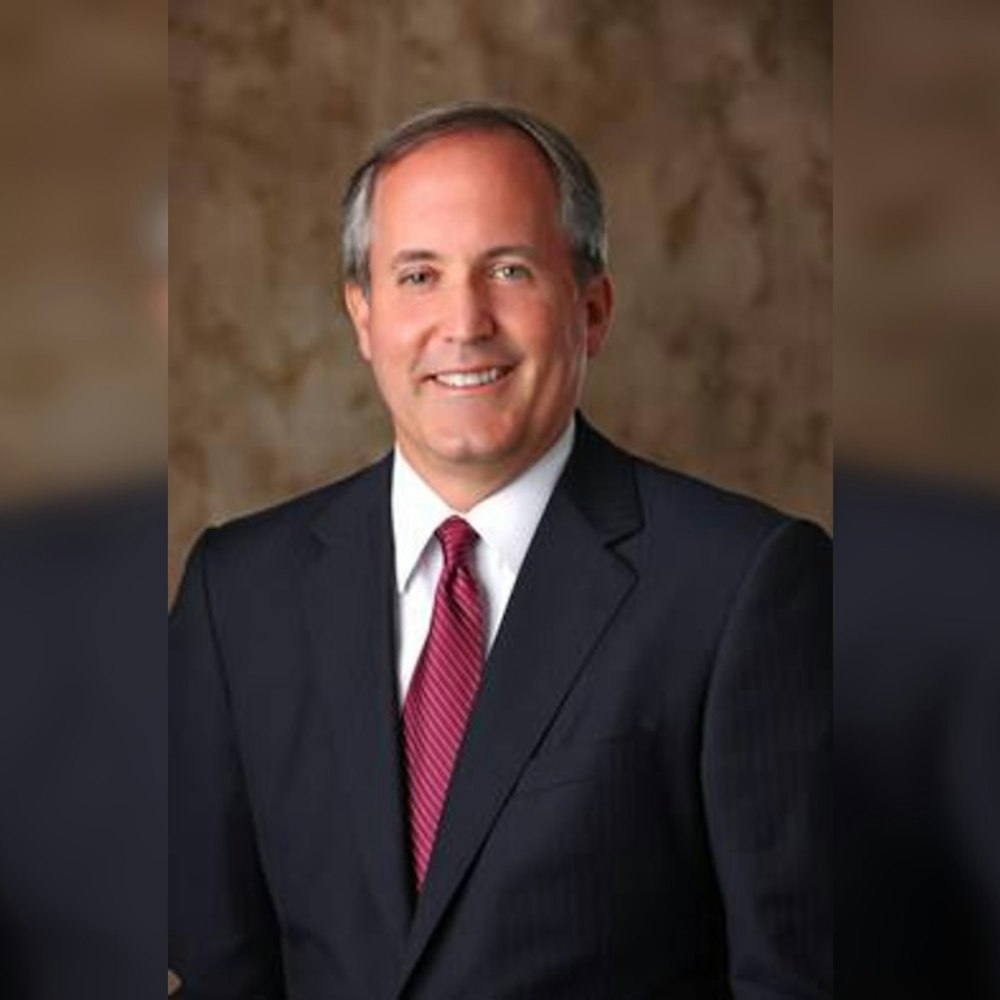
Michigan is on the cusp of joining a coalition of states in taking a hard stance against the malicious use of deepfake technology, particularly when wielded to create and circulate fake pornographic content. Lawmakers in Lansing, across the aisle, have decided to take action with new legislation squarely aimed at penalizing individuals who craft and disseminate sexually explicit deepfake images without consent.
The recent vote, almost unanimous with a 108-2 verdict, according to Bridge Michigan, sends a distinct message that Michigan intends to aggressively combat this form of digital violation. Arguably, this is a move to desperately try to catch legislation up with the rapidly evolving technologies that are outpacing the laws designed to regulate them.
As reported by CBS Detroit, State Rep. Penelope Tsernoglou, a leading sponsor of the bills, communicated the gravity of the problem, highlighting that the resultant psychological harm from such content can lead to serious consequences, including mental distress, and in more severe cases, self-harm, and suicide.
However, dissenting voices like Republican State Rep. Steve Carra suggest that the approved legislation might have swung too aggressively, potentially infringing on liberties."This creates an atmosphere to where somebody could have actually been involved in the creation and agreed to the creation of it, but then it gets disseminated in a way they didn't want to, and now all of a sudden, they're saying, 'Wait, wait a second,'" Carra told CBS Detroit. He advocated for allowances for verbal consent in the creation and dissemination of deepfakes.
Representing the other side of the aisle, State Rep. Matthew Bierlein, emphasized the imperative necessity to act decisively to protect our constituents from the malicious use of this technology, as per Bridge Michigan. The proposed measures could impart penalties ranging from misdemeanors to three-year felonies depending on various factors including intent and the severity of the crime.
Reflecting on similar incidents, like the case with singer Taylor Swift, The Detroit News noted that other states have enacted parallel legislation aimed at reigning in this troubling use of artificial intelligence. Michigan's determined push highlights the balance lawmakers are attempting to strike, teetering between allowing space for technology and creativity, and barring the path towards the weaponization of digital prowess.
With these pieces of legislation now moving to the Senate for further consideration, Michigan stands at a critical juncture — ensuring the digital safety of its people while navigating the nuanced realms of consent, creativity, personal agency, and the right to reputation in the digital age.
-1.webp?w=1000&h=1000&fit=crop&crop:edges)








